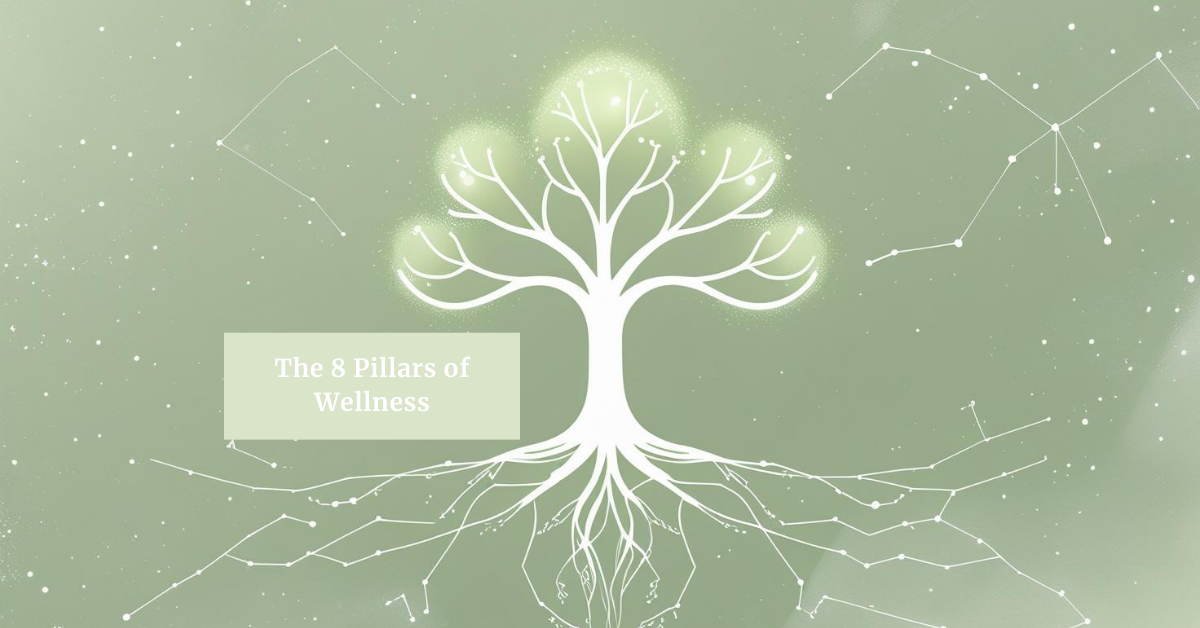8 Pillars of Wellness and How They Work Together
Wellness gets frequently depicted as drinking green smoothies at 6 AM and never missing a workout. I know people who look the part perfectly. They post gym selfies, eat organic everything, and seem to have their lives together. But behind the scenes, one of them is drowning in credit card debt that keeps her awake at night. Another is lonely despite thousands of social media followers. A third is successful at work but felt completely empty and purposeless.
Wellness isn’t just about your body. It’s not about perfection or checking all the “healthy living” boxes. Real wellness is much broader, more personal, and honestly, more interesting than the Instagram version.
Turns out, there are actually eight different pillars of wellness, and they’re all connected in fascinating ways. The goal shouldn’t be to master them all simultaneously. That’s a recipe for burnout. Instead, it should be about understanding how they work together and finding your own rhythm with them.
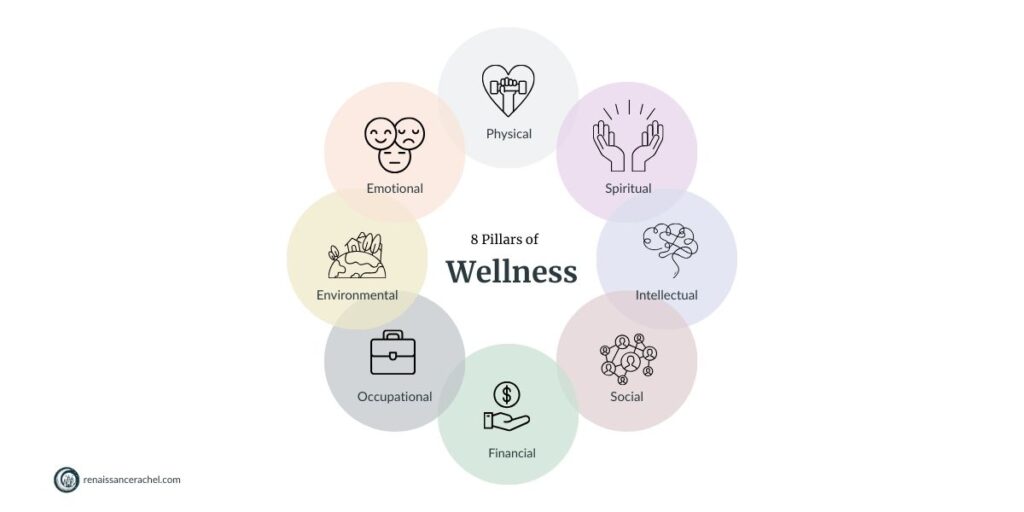
What wellness really means
Here’s what took me way too long to understand: wellness is caring for your mind, body, and soul in ways that make sense for your life. It’s self-defined and dynamic, which means what wellness looks like for you today might be completely different from what it looked like five years ago. And that’s exactly as it should be.
You can pursue wellness even while dealing with illness, financial struggles, or major life challenges. Wellness isn’t the absence of problems. It’s about how you care for yourself through whatever life brings your way.
The eight pillars of wellness are like instruments in an orchestra. They don’t all need to play at the same volume, but they need to work together to create harmony. When you improve one area, you often see positive ripple effects in the others. Financial stress affects your sleep. Poor sleep impacts your ability to think clearly. Strong relationships support you through physical health challenges.
When navigating wellness, you’re looking to find your personal harmony rather than perfection. Maybe you’re in a season where your career needs extra attention. Perhaps you’re recovering from an illness and physical wellness is your priority. Or maybe you’re going through a major life transition and spiritual wellness is calling for focus. All of this is normal and healthy.
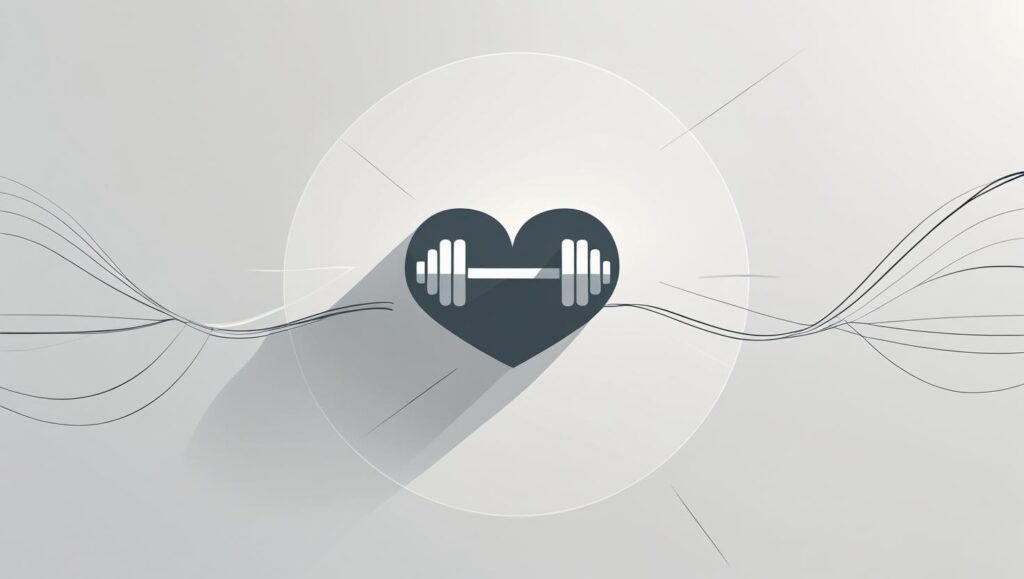
Physical wellness
Your body is the temple and home for your mind and soul. Physical wellness isn’t about achieving some idealized version of health or fitness. It’s about caring for your body in ways that support your energy, vitality, and ability to do what matters to you.
Think of physical wellness as the foundation of a house. While you can temporarily get by with a shaky foundation, everything else becomes more stable and resilient when this base is solid.
This pillar goes far beyond the gym and diet culture. It includes regular movement that you actually enjoy, eating foods that fuel your body and make you feel good, getting quality sleep that allows your body to recover, and learning to listen to your body’s signals. It’s about developing body awareness: recognizing when you’re getting sick, understanding your energy patterns, and honoring your body’s needs for rest or activity.
When your physical wellness is strong, it supports every other dimension of your life. You have more energy for intellectual pursuits, better emotional regulation, and greater resilience for handling work stress. When it’s compromised, everything becomes more challenging. I’ve experienced this firsthand in my journey. By incorporating movement throughout the day like taking walks between (or during!) meetings and preparing simple, nutritious meals, I’ve noticed not only increased energy but also improved focus and less anxiety.
The best part? Physical wellness doesn’t require perfection. It’s about consistency with small, sustainable actions that honor your body as the amazing vehicle that carries you through life.

Emotional wellness
Emotional wellness is probably the most misunderstood dimension. It’s not about being happy all the time or never experiencing difficult emotions. Instead, it’s about developing fluency in the language of your inner world.
Think of emotions as information. They tell you something important about your experience, your needs, and your values. Anger might signal that a boundary has been crossed. Sadness might indicate loss that needs attention. Anxiety might point to something that feels threatening or uncertain.
Emotional wellness involves learning to recognize your emotions as they arise, accepting them without judgment, and responding in ways that serve your well-being rather than simply reacting. It’s about building resilience. Not being tough or unaffected by challenges, but developing the ability to move through difficult experiences while maintaining your overall well-being.
This includes practical stress management skills, self-compassion practices, and the ability to seek support when you need it. It means understanding your emotional patterns and triggers, developing healthy ways to express your feelings, and building the kind of inner strength that helps you bounce back from setbacks.
The ripple effects of strong emotional wellness are profound. When you can manage your emotions skillfully, your relationships improve, your work performance increases, and your physical health benefits from reduced chronic stress.
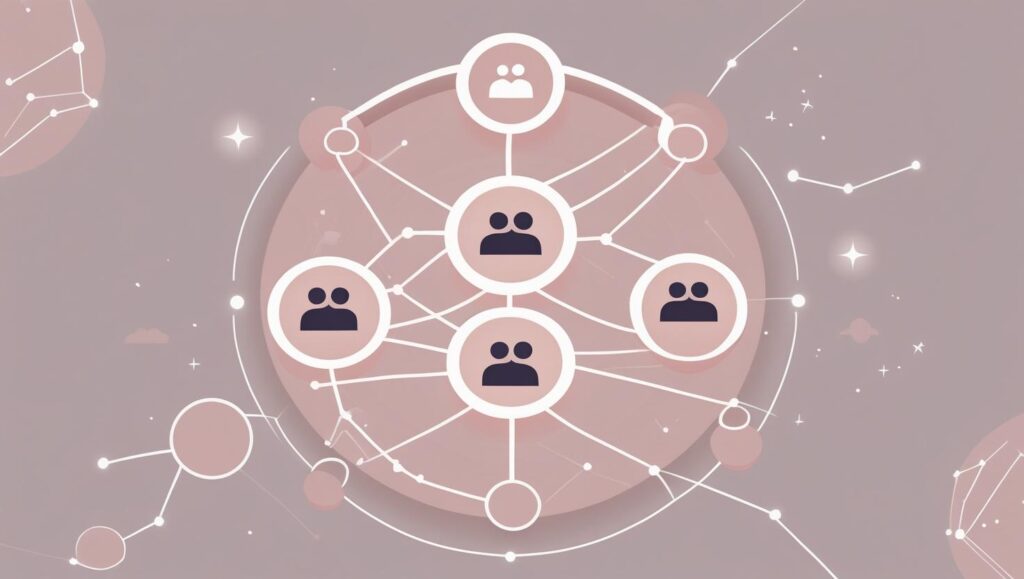
Social wellness
Humans are wired for connection, and social wellness recognizes this fundamental need. It’s about building and nurturing meaningful relationships while creating healthy boundaries that allow you to engage authentically with others.
This pillar isn’t about being popular or having hundreds of friends. Research consistently shows that having a few close, supportive relationships is more beneficial for your health and happiness than having many superficial connections. Quality beats quantity every time.
Social wellness includes developing strong communication skills: both expressing yourself clearly and listening actively to others. It involves learning to navigate conflicts constructively, setting boundaries that protect your energy, and building a support network of people who truly see and appreciate you.
It also extends beyond individual relationships to your connection with community. This might mean volunteering for causes you care about, participating in groups that align with your interests, or simply being a good neighbor. When you feel connected to something larger than yourself, it provides a sense of belonging and purpose that supports all other areas of wellness.
The isolation many people experienced during recent years highlighted just how crucial social wellness is. Strong relationships literally affect your physical health, boost your immune system, and provide the emotional support that helps you weather life’s inevitable storms.
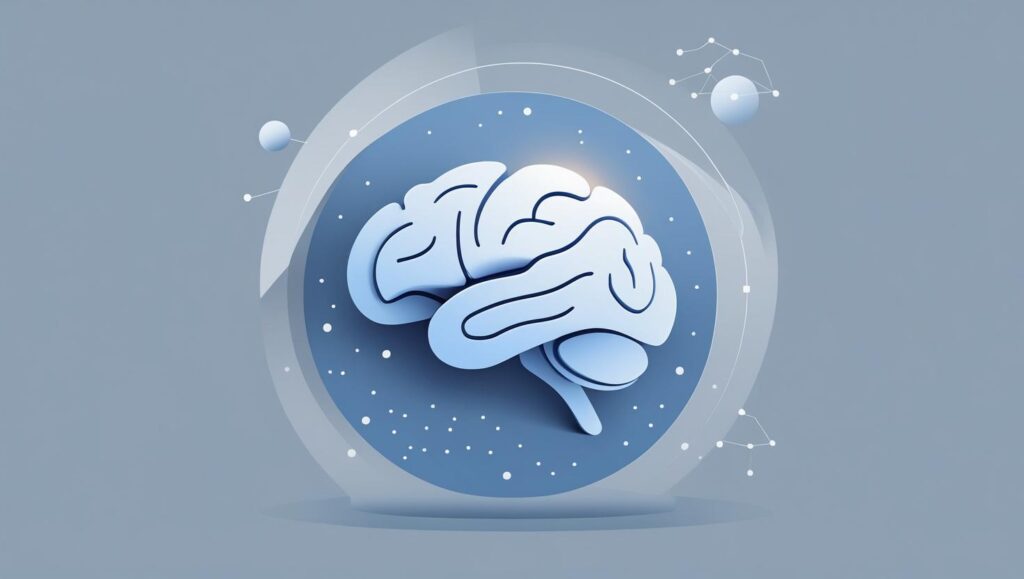
Intellectual wellness
Your mind craves growth, challenge, and discovery. Intellectual wellness is about keeping your brain active, curious, and open to new ideas throughout your life. It’s definitely not about being the smartest person in the room or accumulating degrees.
This dimension involves engaging in lifelong learning, whether through formal education, reading, documentaries, conversations with interesting people, or hands-on exploration of new skills. It’s about maintaining curiosity and approaching life with genuine interest in understanding how things work.
Intellectual wellness also includes creative expression and critical thinking. Creativity isn’t just for artists. It’s a fundamental human capacity that contributes to problem-solving and mental flexibility. Whether you’re experimenting with new recipes, learning to play an instrument, or brainstorming solutions to work challenges, you’re engaging your creative mind.
Critical thinking has become especially important in our information-rich world. Intellectual wellness includes developing the ability to evaluate sources, recognize bias, and form well-reasoned opinions while remaining open to changing your mind when presented with compelling evidence.
When your intellectual wellness is strong, you approach challenges with curiosity rather than fear. You’re more adaptable, creative, and engaged with life. You find conversations more interesting and feel more confident tackling new situations.
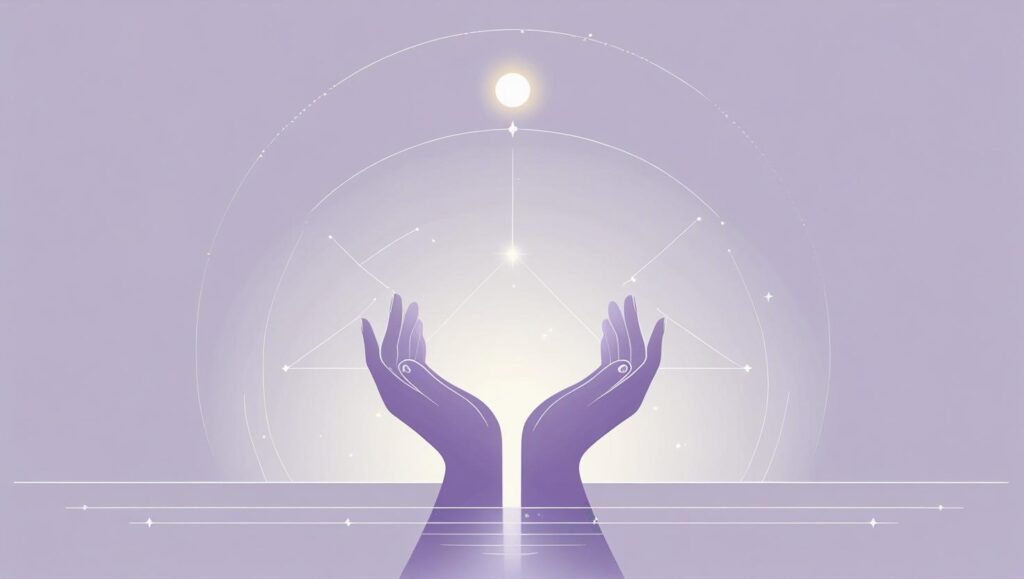
Spiritual wellness
Spiritual wellness is deeply personal and looks completely different for everyone. It’s about developing a sense of purpose and meaning in life, connecting to something greater than yourself, and living according to your values.
For some people, this dimension is rooted in religious faith and practice. For others, it might involve connection with nature, service to others, philosophical exploration, or simply a commitment to personal growth and authenticity. The key isn’t what form your spirituality takes, but that you’re actively engaging with questions of meaning and purpose.
Spiritual wellness involves developing a clear value system that guides your decisions, especially during difficult times. When you know what matters most to you, choices become clearer and you can maintain integrity even when facing challenges.
This dimension also includes practices that connect you to your inner wisdom and create space for reflection. This might be meditation, prayer, journaling, time in nature, or any activity that helps you feel centered and connected to your deeper self.
Strong spiritual wellness provides resilience during tough times, gives meaning to suffering, and creates a sense of hope and direction that sustains you through life’s ups and downs. It’s like having an internal compass that keeps you oriented toward what truly matters.
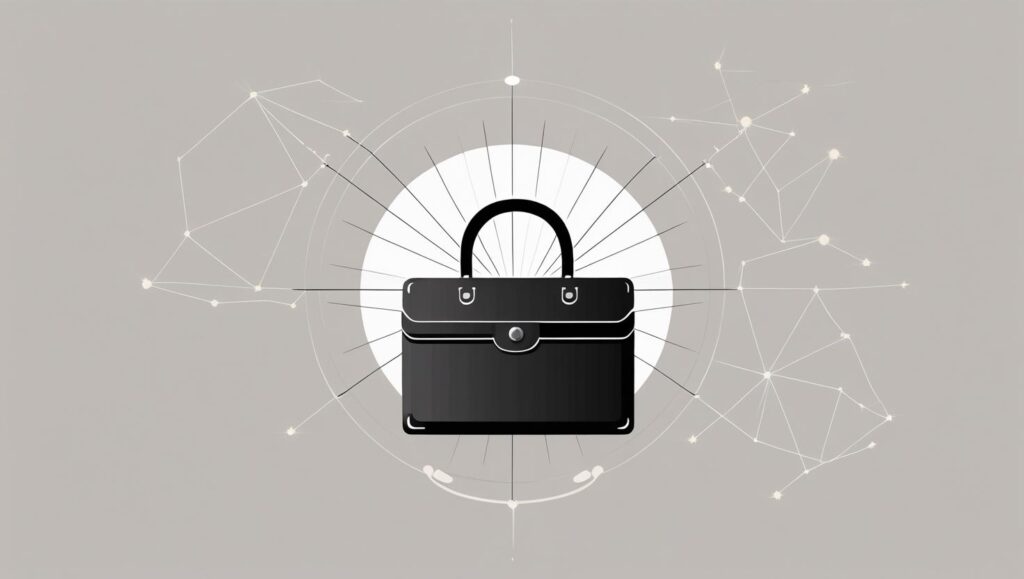
Occupational wellness
Since work takes up such a significant portion of your life, occupational wellness directly impacts your overall well-being. This isn’t just about having a job to pay the bills. It’s about finding work that provides satisfaction, aligns with your values, and supports your sense of purpose.
Occupational wellness recognizes the importance of professional growth, positive workplace relationships, and healthy boundaries between work and personal life. It’s about finding meaning in your role, whether through direct impact on others, skill development, problem-solving, or financial security for your family.
Not everyone needs their “dream job” to achieve occupational wellness, but everyone benefits from finding some sense of purpose or satisfaction in their work. Sometimes this means changing careers, but often it means shifting how you approach your current role or the relationships you build there. Sometimes it just means slowing down and reflecting on how you can optimize your current job.
This dimension also includes managing work-related stress effectively, setting boundaries that protect your personal time and energy, and continuing to learn and grow professionally. It’s about creating sustainable work habits that support rather than undermine your overall wellness.
When occupational wellness is strong, you feel engaged and energized by your work rather than drained by it. You have clearer boundaries, better relationships with colleagues, and a sense that your professional life contributes positively to your identity and goals.

Financial wellness
Money touches almost every aspect of your life, which is why financial wellness affects nearly all other dimensions. This isn’t about being wealthy. It’s about developing a healthy relationship with money that reduces stress and supports your values.
Financial stress is one of the top sources of anxiety and relationship conflict. When you’re constantly worried about money, it affects your sleep, your relationships, your ability to focus at work, and even your physical health. Conversely, when you feel confident about your financial situation, it creates space for you to focus on other priorities.
Financial wellness involves understanding where your money goes, creating a sustainable budget, managing debt responsibly, and building some savings for unexpected expenses. It’s about making spending decisions consciously rather than by default, and ensuring your financial choices align with what actually matters to you.
This dimension also includes financial literacy and understanding basic concepts like interest, insurance, and investing so you can make informed decisions. You don’t need to become a financial expert, but having a foundational understanding helps you avoid costly mistakes and take advantage of opportunities.
Perhaps most importantly, financial wellness is about developing a mindset that allows you to feel secure and make generous choices, whether that means contributing to causes you care about or simply not feeling anxious every time you check your bank account.
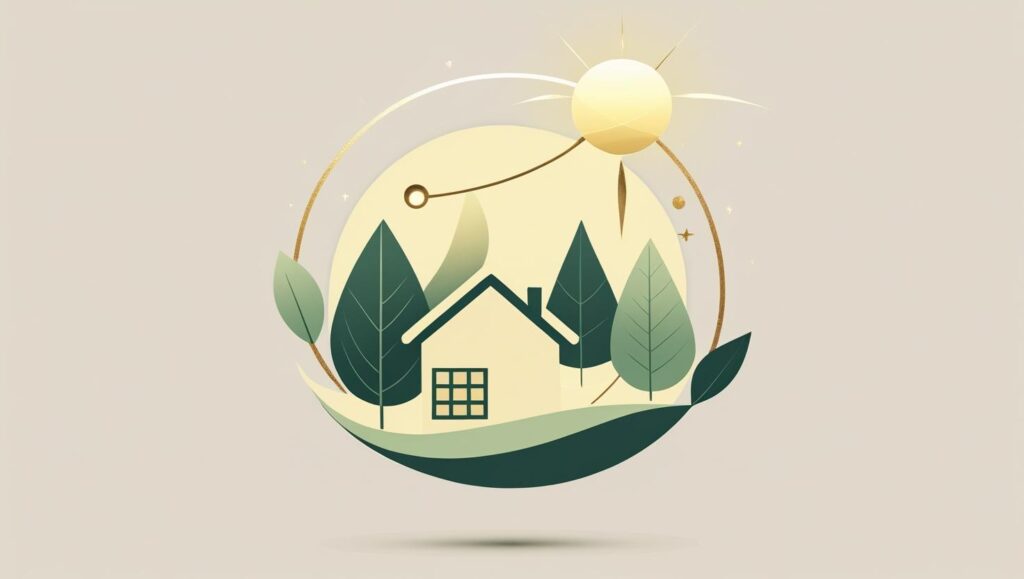
Environmental wellness
Your surroundings profoundly impact your well-being, and environmental wellness recognizes this connection. This dimension operates on multiple levels: your immediate personal environment, your community spaces, and your relationship with the broader natural world.
Your immediate environment—your home, workspace, and frequently visited places—should feel safe, organized, and supportive. This doesn’t require expensive renovations, just intentional attention to how your surroundings affect your mood and energy. Sometimes decluttering a single drawer or adding plants to your workspace can dramatically improve how you feel in a space.
Environmental wellness also includes your connection with nature. Humans have an innate relationship with the natural world, and regular exposure to outdoor environments provides measurable benefits for both physical and mental health. This might mean taking walks in parks, gardening, hiking on weekends, or simply eating lunch outside when weather permits.
On a broader level, this dimension includes making choices that reflect your values about caring for the planet and future generations. This doesn’t mean becoming an environmental perfectionist. It means making conscious choices where possible, like reducing waste, supporting sustainable businesses, or participating in community environmental initiatives.
When your environmental wellness is strong, your physical spaces support rather than drain your energy, you feel connected to the natural world, and your choices reflect care for both your immediate environment and the broader ecosystem we all share.
Final thoughts
Here’s the beautiful thing about understanding these eight dimensions: you don’t need to excel at all of them simultaneously. Life naturally emphasizes different areas at different times, and that’s exactly as it should be.
Right now, you might need to focus on physical wellness as you recover from an illness. Or maybe financial wellness needs attention as you navigate a career change. Perhaps your social wellness requires investment as you build community in a new city. All of this is normal, healthy, and part of the natural rhythm of a full life.
The interconnected nature of these dimensions means that small improvements in one area create ripple effects in others. When you start sleeping better, your emotional regulation improves. When you build stronger relationships, you have more support for tackling financial challenges. When you clarify your values, work decisions become easier.
Start where you are, with what you have. Choose one or two dimensions that feel most important right now and begin with small, sustainable actions. Maybe it’s taking a 10-minute walk each day, calling a friend weekly, or tracking your spending for a week without trying to change anything.
Remember that wellness is deeply personal. What works for others might not work for you, and that’s perfectly okay. Trust your own experience about what makes you feel more alive, authentic, and aligned with your values.
Your wellness journey is exactly that: a journey. There’s no finish line, no perfect state to achieve. There’s just the ongoing, lifelong practice of caring for your mind, body, and soul in ways that honor who you are and support who you’re becoming.
Be patient with yourself. Celebrate small wins. Adjust your approach as you learn what works for you. And remember that taking care of yourself isn’t selfish. It’s one of the most generous things you can do for the people you love and the world around you.

